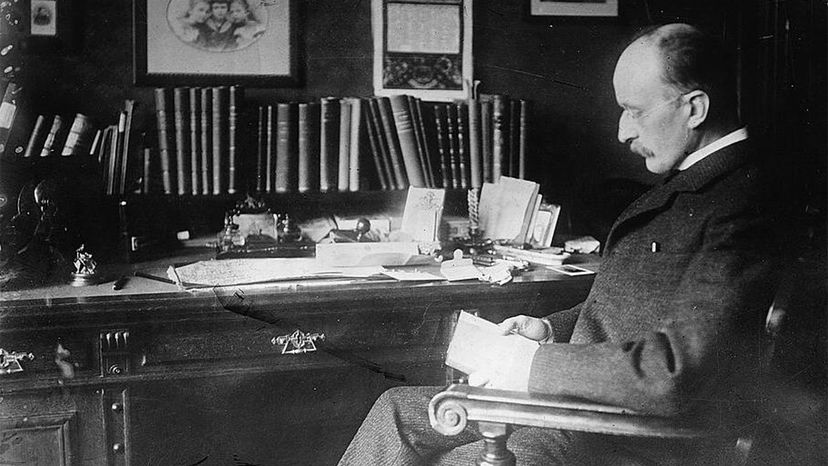Quantum mechanics deals with the tiny particles that make up our universe and the interactions between them. Planck's constant is essential in defining the behavior of these particles.
But to truly appreciate its importance, we first need to understand the difference between classical mechanics, which describes the motion of everyday objects, and quantum mechanics, which dives deep into the universe's microscopic scale.
Classical Mechanics
This physics branch, which Sir Isaac Newton described in the late 1600s, deals with the observable world, explaining how apples fall from trees and planets orbit stars. If we think of energy as water, then in classical mechanics, we can pour any amount of water continuously.
Quantum Mechanics
Enter the realm of the bizarre and unexpected! In quantum mechanics, energy behaves a bit differently. Instead of pouring water continuously, it's like adding sugar cubes to a coffee cup. We can add one, two, or three sugar cubes, but not half or a quarter.
This discrete nature of energy is a fundamental concept in quantum theory, and it's where Planck's constant steps in.

